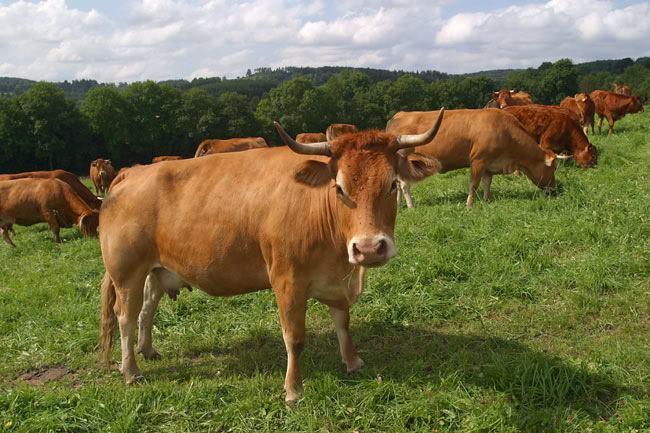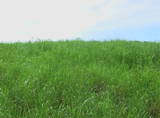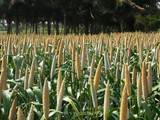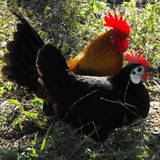
Food for thought: meat grown in the lab
What is in vitro meat? How may it benefit the environment, animal welfare and human health and what impact may it have on food choices? Kate Scarff explores this new technology.

What is in vitro meat? How may it benefit the environment, animal welfare and human health and what impact may it have on food choices? Kate Scarff explores this new technology.
A plea to transform the way that scientific discoveries are reported has been chosen by Kate Scarff to join our list of the ‘100 articles’ every journalist should read about journalism.
A former advisor to President Nixon draws parallels between the News of the World phone hacking scandal and Watergate in this piece chosen by Kate Scarff to join our list of the ‘100 articles’ every journalist should read.

What is in vitro meat? How may it benefit the environment, animal welfare and human health and what impact may it have on food choices? Kate Scarff explores this new technology.
A plea to transform the way that scientific discoveries are reported has been chosen by Kate Scarff to join our list of the ‘100 articles’ every journalist should read about journalism.
A former advisor to President Nixon draws parallels between the News of the World phone hacking scandal and Watergate in this piece chosen by Kate Scarff to join our list of the ‘100 articles’ every journalist should read.

Would you consider eating weeds? Kate Scarff looks at why we should consider including weeds in our diet.

What is in vitro meat? How may it benefit the environment, animal welfare and human health and what impact may it have on food choices? Kate Scarff explores this new technology.
A plea to transform the way that scientific discoveries are reported has been chosen by Kate Scarff to join our list of the ‘100 articles’ every journalist should read about journalism.
A former advisor to President Nixon draws parallels between the News of the World phone hacking scandal and Watergate in this piece chosen by Kate Scarff to join our list of the ‘100 articles’ every journalist should read.

With the prevalence of hay fever on the rise, Kate Scarff takes a look at the causes, treatment options and financial burden of this common condition.

With a new interest in genetically modified foods, Kate Scarff explores issues surrounding labelling of this category of food in Australia.
Paying for news might be seen as a stain on journalism practice. But the reality is more complex, says Jeremy W. Peters in this piece that’s been selected by Kate Scarff to join our our list of the ‘100 articles’ every journalist should read about journalism.

A new strain of bird flu, a rise in the number of outbreaks across the globe and the death of a six-year-old girl in Cambodia: is the next pandemic on the horizon? Kate Scarff explores the facts and weighs in on the debate.
With the Melbourne Writers Festival in full swing, Kate Scarff attended Writing in Lab Coats and discovered how science journalists are immersing themselves in their stories.
What are some of the common mistakes we make when recycling? To mark Keep Australia Beautiful Week, Kate Scarff spoke with Banyule’s Waste Education Co-ordinator, Margaret Morgan.
Can GM crops help save the world from hunger? Kate Scarff attended National Science Week’s GM: A Dinner Discussion event and discovered public acceptance of gene technology is still a major issue.
A public forum in Melbourne has explored the state of the public debate on climate change science. Kate Scarff went along to hear about the media’s role in the debate.
This week, we welcome upstart’s new editorial team. We hope you like them. And we really want you to pitch your stories to them.